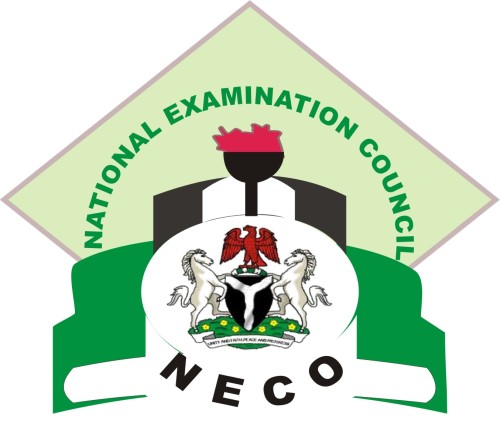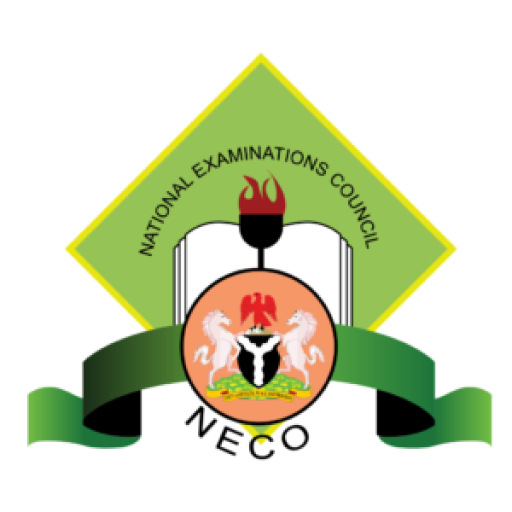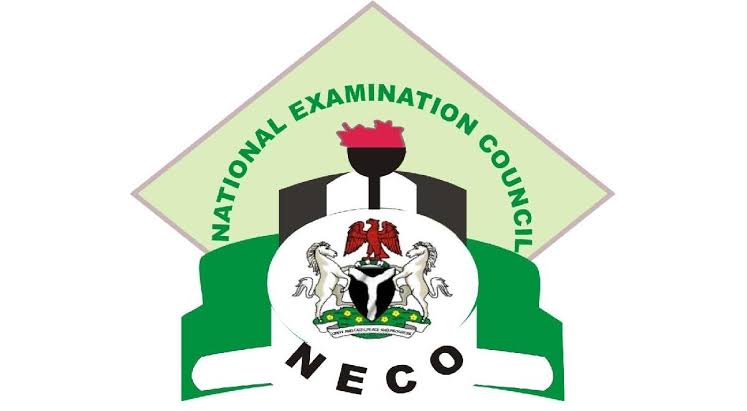The National Examinations Council (NECO) has accredited additional foreign schools to write the Senior School Certificate Examination (SSCE) and the Basic Education Certificate Examination (BECE).
This is contained in a statement by NECO’s Acting Director, Information and Public Relations, Mr Azeez Sani, on Saturday in Abuja.
Sani said the development was aimed at broadening the Council’s horizon and expanding its global presence.
According to him, the newly accredited schools are located in Niger Republic and Equatorial Guinea.
“The NECO Accreditation Team visited these schools to assess their readiness to write the SSCE and BECE.
“The team inspected various facilities, including classrooms, laboratories, libraries, computer laboratories, workshops, examination halls, and sports facilities.
“After a thorough evaluation, the schools were granted full SSCE and full BECE accreditation status.
“This accreditation is a testament to NECO’s commitment to providing quality education and assessment beyond Nigeria’s shores.”
Sani said with its expanding global presence, NECO was poised to become a leading examination body in Africa, offering opportunities for students worldwide to benefit from its expertise.
In another development, Sani said candidates would participate in the ongoing NECO SSCE external examination in Diffa, Niger Republic.
“The UNHCR School in Diffa, Niger Republic, is the first NECO SSCE external centre outside Nigeria.”
It would be recalled that NECO examinations are now written by candidates in several countries, including Benin Republic, Togo, Cote d’Ivoire, Niger Republic, Equatorial Guinea, and the Kingdom of Saudi Arabia.






